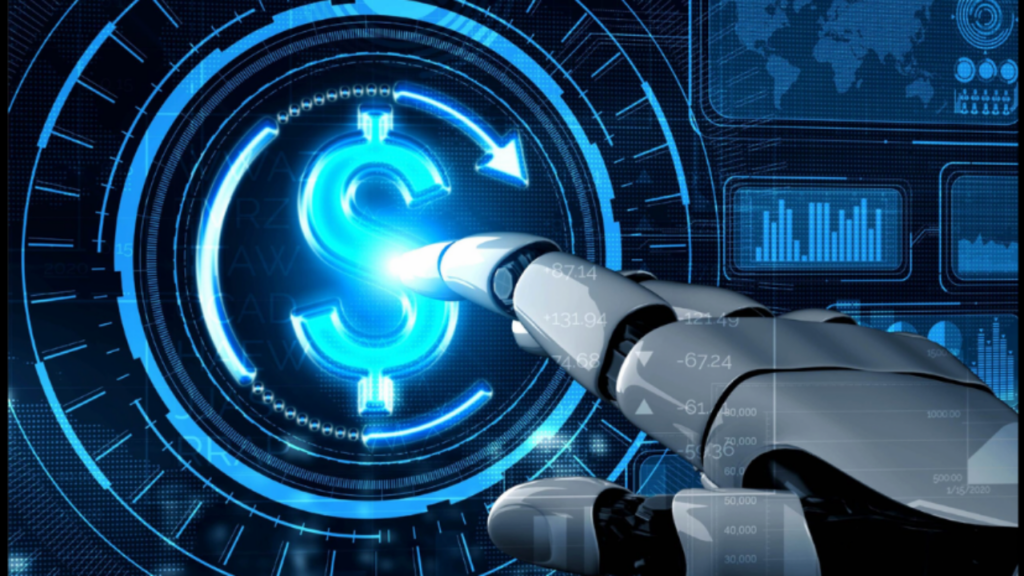This is a Guest Post by Sana Afreen, CCO & Asst. Director Program Management, Rizzle
In today’s fast-paced digital era, the realm of marketing and advertising has undergone a significant transformation. Traditional methods are no longer sufficient to meet the demands of a rapidly evolving market.

The advent of Artificial Intelligence (AI) and Machine Learning (ML) has revolutionized the way businesses promote their products and services. With their ability to process vast amounts of data and derive valuable insights, AI and ML have become invaluable tools for marketers and advertisers alike. In this article, we will explore the profound impact of AI and ML on the field of marketing and advertising.
The Rise of AI and ML in Marketing and Advertising
Artificial Intelligence and Machine Learning technologies have permeated every aspect of our lives, including the way we consume information and make purchasing decisions. In the realm of marketing and advertising, AI and ML have enabled businesses to enhance their strategies, target specific audiences, and deliver personalized experiences. By leveraging these technologies, marketers can analyze consumer behavior, predict trends, and optimize campaigns to achieve better results.
AI and ML in Data Analysis and Insights
One of the significant advantages of AI and ML in marketing and advertising lies in their ability to analyze vast amounts of data efficiently. With the help of advanced algorithms, AI-powered systems can process and interpret complex data sets, providing marketers with valuable insights. These insights help businesses understand consumer preferences, identify emerging trends, and tailor their marketing campaigns accordingly. By harnessing the power of AI and ML, companies can make data-driven decisions, optimizing their marketing strategies for maximum impact.
Personalization and Customer Experience
AI and ML technologies have revolutionized the way businesses engage with their customers. By analyzing vast amounts of customer data, these technologies enable marketers to deliver personalized experiences. AI-powered systems can track customer preferences, behavior, and purchase history to create tailored recommendations and offers. This level of personalization enhances customer satisfaction and drives customer loyalty, ultimately leading to increased sales and revenue.
Automation and Efficiency
Artificial Intelligence and Machine Learning have automated many labor-intensive tasks in the marketing and advertising landscape. Tasks such as data collection, analysis, content creation, and campaign optimization can now be handled by AI-powered systems. This automation not only saves time and resources but also improves efficiency. Marketers can focus on higher-level strategic initiatives while AI takes care of repetitive tasks, allowing for more streamlined operations and better utilization of resources.
Enhanced Targeting and Advertising
With AI and ML, marketers can now target their advertising efforts with unprecedented precision. By analyzing consumer data, including demographics, browsing behavior, and social media interactions, AI-powered systems can identify the most relevant audiences for specific products and services. This enhanced targeting ensures that advertising efforts reach the right people at the right time, maximizing the chances of conversion and minimizing wasted ad spend.
Improved Customer Insights and Segmentation
Gone are the days of generic marketing campaigns that target broad audiences. With AI and ML, businesses can now segment their customer base more effectively. These technologies enable marketers to identify distinct customer segments based on various parameters such as demographics, purchasing behavior, and psychographics. By understanding the unique needs and preferences of each segment, marketers can create targeted campaigns that resonate with their audience, leading to higher engagement and conversion rates.
The Future of AI and ML in Marketing and Advertising
As AI and ML continue to advance, their impact on marketing and advertising will only grow stronger. Here are some emerging trends that highlight the future of AI and ML in this field:
1. Voice Search and AI Assistants
The rise of voice-enabled devices and AI assistants has opened up new avenues for marketing and advertising. Businesses are now leveraging AI technologies to optimize their content for voice search and interact with customers through voice-enabled chatbots. Voice-activated advertising and personalized voice-based recommendations are expected to become the norm in the coming years.
2. Predictive Analytics and Forecasting
AI and ML are enabling marketers to predict customer behavior and forecast market trends with greater accuracy. By analyzing historical data and real-time information, predictive analytics models can help businesses make informed decisions about their marketing strategies. This allows marketers to stay ahead of the competition and proactively respond to changing market dynamics.
3. Hyper-Personalization
Personalization will continue to be a driving force in marketing and advertising. AI and ML technologies will enable businesses to hyper-personalize their marketing efforts by leveraging real-time data and predictive analytics. From personalized product recommendations to customized marketing messages, hyper-personalization will become increasingly prevalent in the future.











